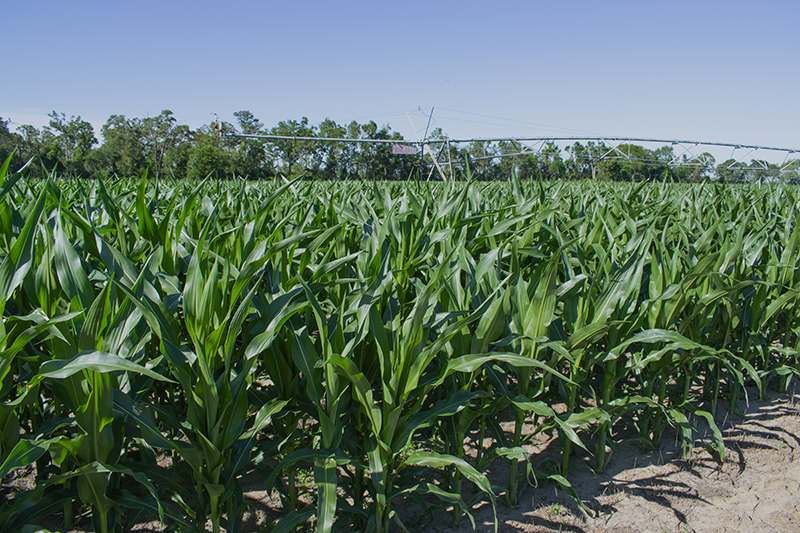
by Michael Mulvaney | Jun 21, 2019
Arun Jani and Mike Mulvaney, West Florida Research and Education Center Climatic conditions in North Florida can pose serious challenges to growers aiming to maximize returns on investments made in nitrogen (N) fertilizer. Most plant available N in local soils is in...
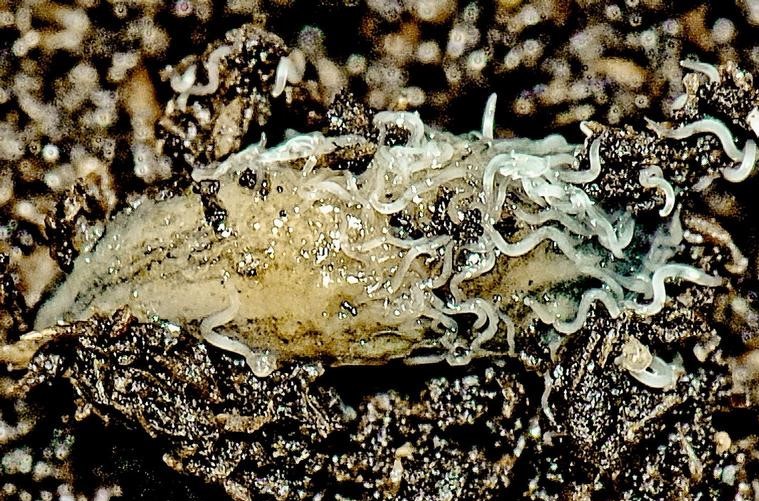
by Molly Jameson | Apr 12, 2019
Farmers are intrinsically tied to the soil that encompasses their farmland. Where others only see dirt, greenery, and maybe a few worms, farmers – especially those who rely on organic nutrient sources such as compost, green manure, and plant and animal meals to...
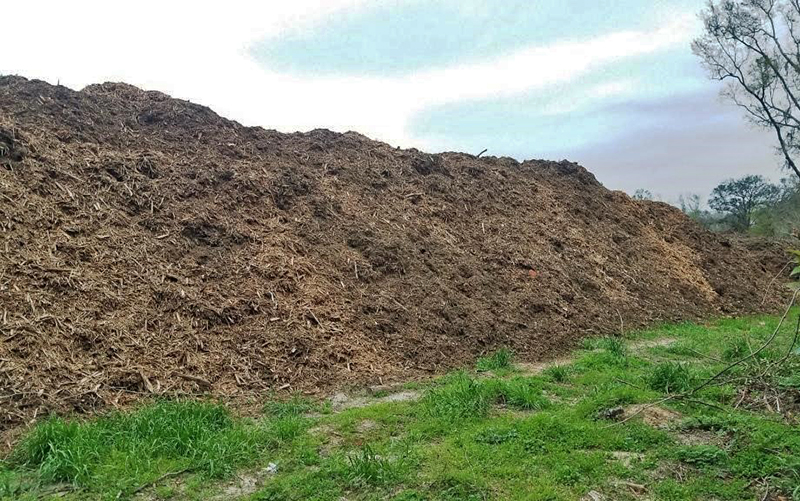
by Michael Mulvaney | Mar 1, 2019
Michael J. Mulvaney,WFREC Cropping Systems Specialsits, Cheryl Mackowiak, NFREC Soil Specialist, David Wright, NFREC Agonomy Specialist, Barry Tillman, NFREC Peanut Breeder, Pat Minogue, NFREC Forestry Specialist The path of Hurricane Michael left an estimated 2.8...

by Matt Lollar | Feb 8, 2019
Proper plant nutrition is key to a successful vegetable crop. Too little fertilizer reduces yields. Too much fertilizer, though not always harmful to the crop, can be economically detrimental to the farm and can negatively impact the environment. Also, over...
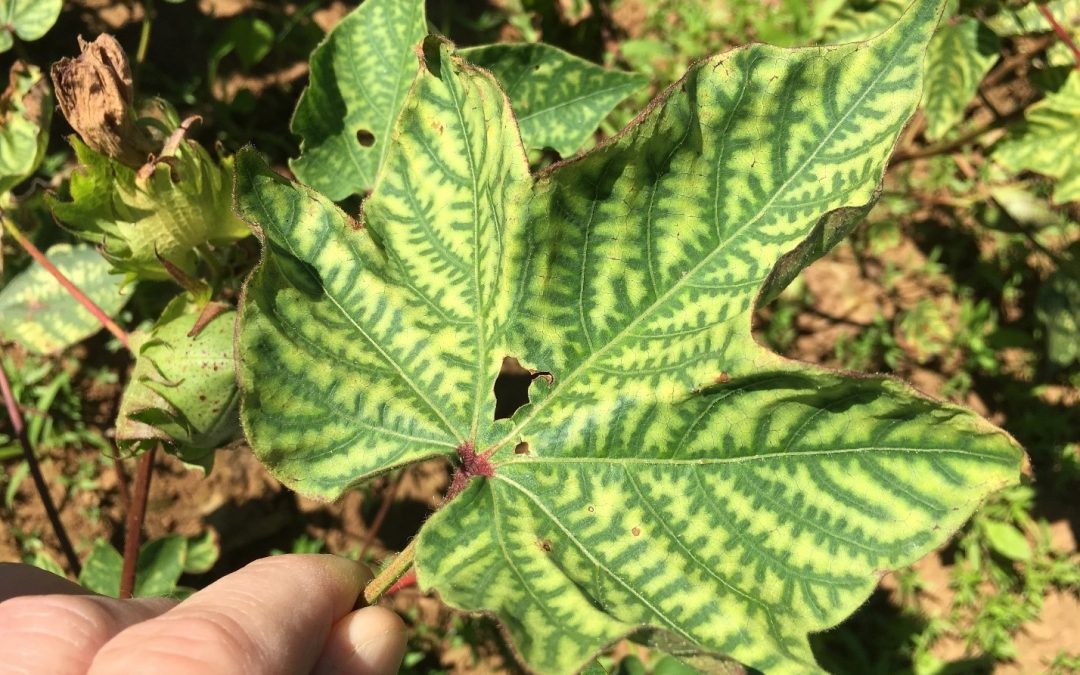
by Michael Mulvaney | Jan 25, 2019
Every year, I see more potassium (K) deficiency in cotton. This isn’t surprising, since yields have increased with modern cultivars and yield expectations (Fig. 1). The bolls we’re asking plants to carry is a lot higher than they used to be. Keep in mind that K is...
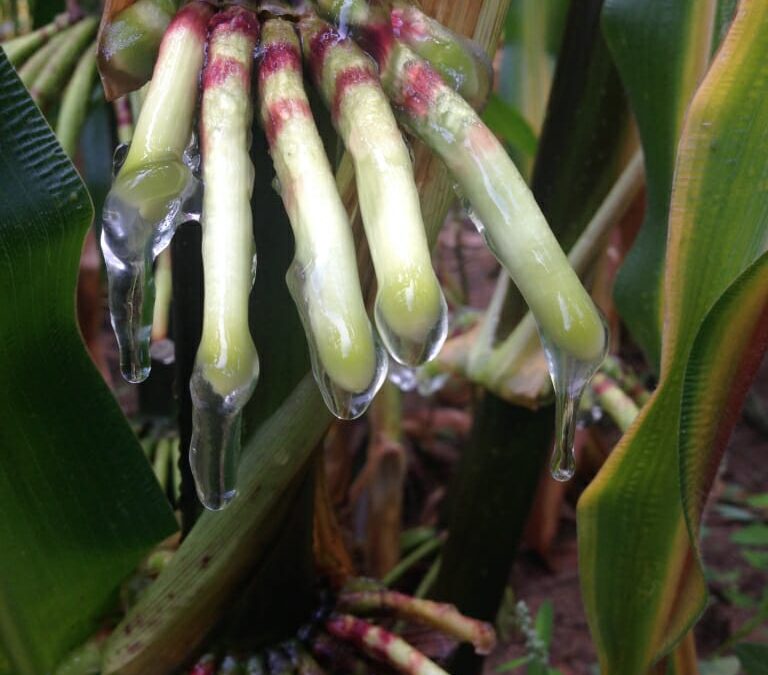
by Doug Mayo | Oct 5, 2018
This week’s featured video was published by the University of California – Davis to share the results of a remarkable scientific discovery. Researchers from UC Davis, the University of Wisconsin–Madison, and Mars, Incorporated have identified a native...







